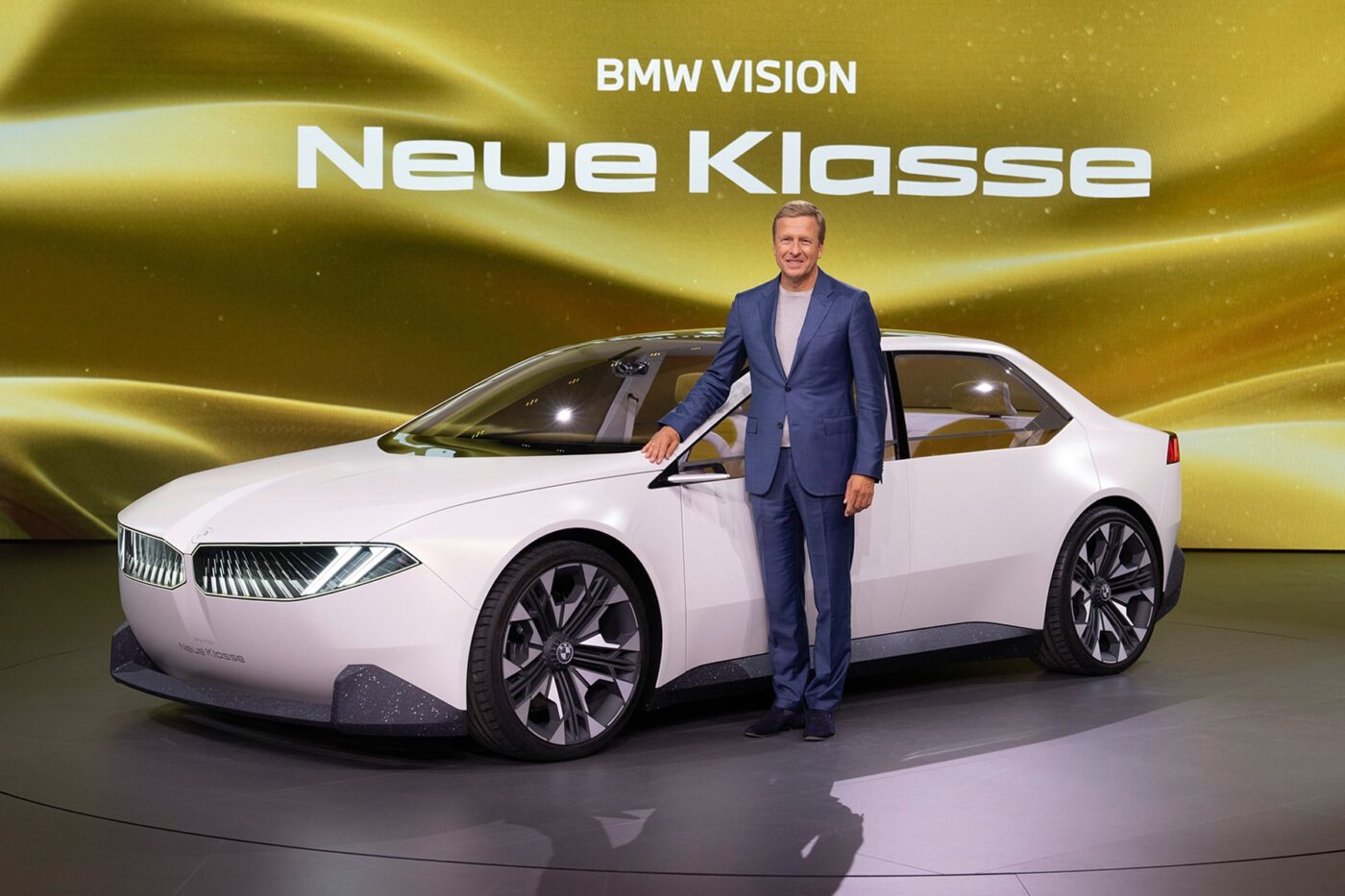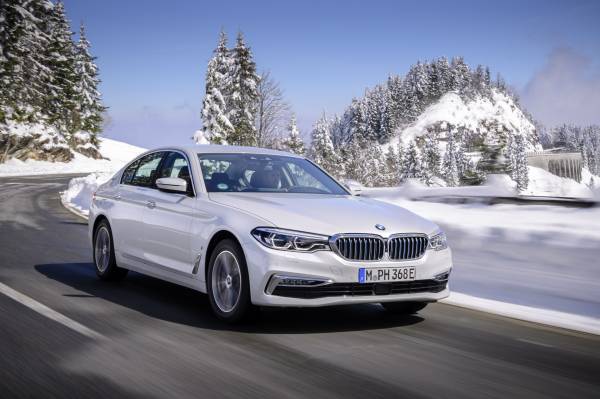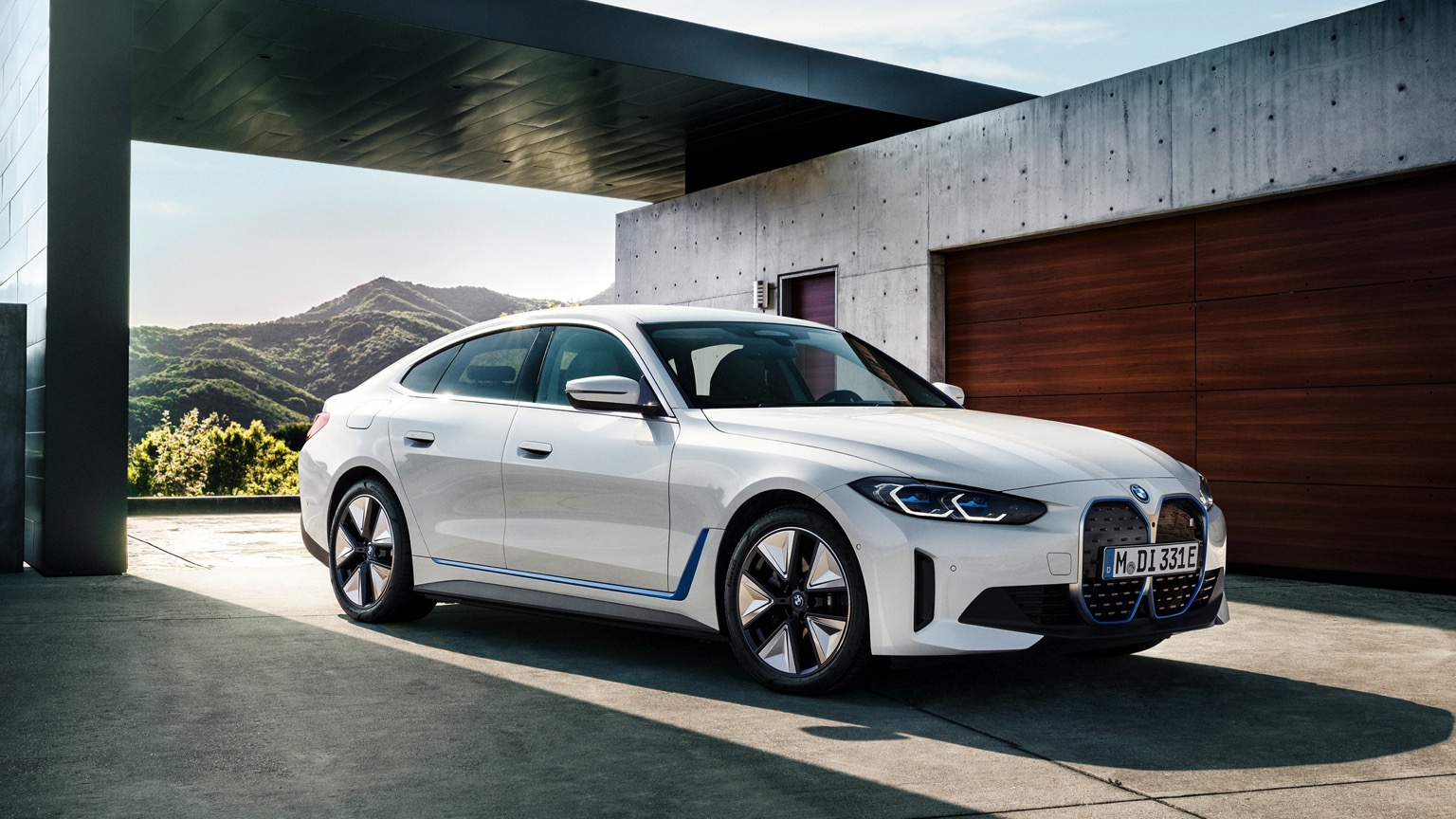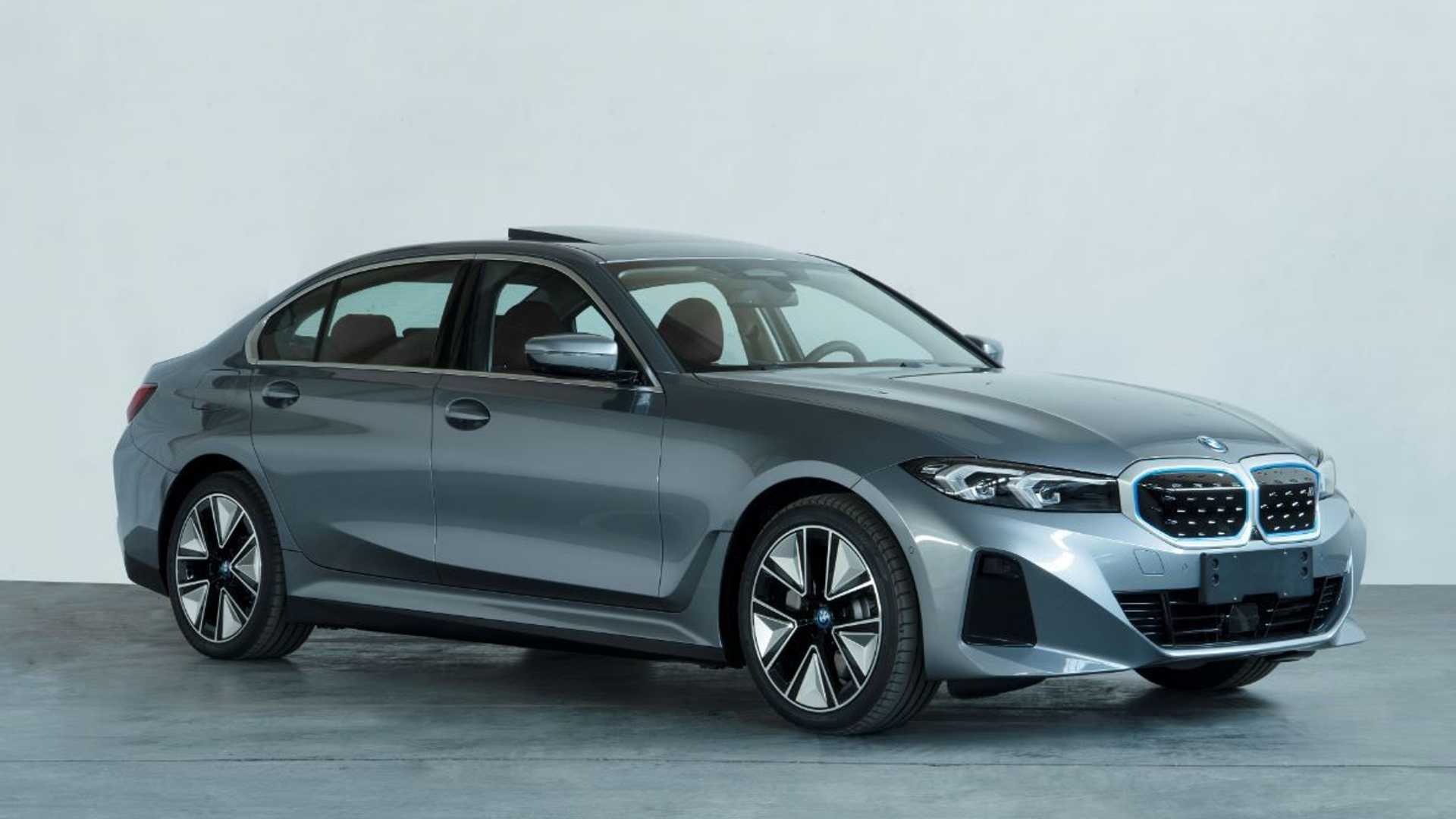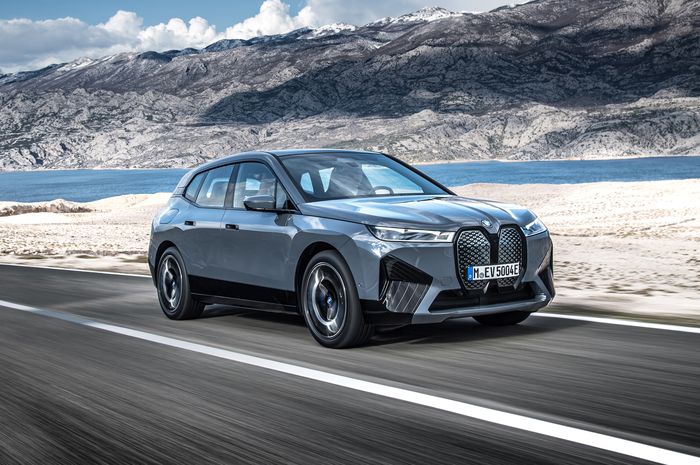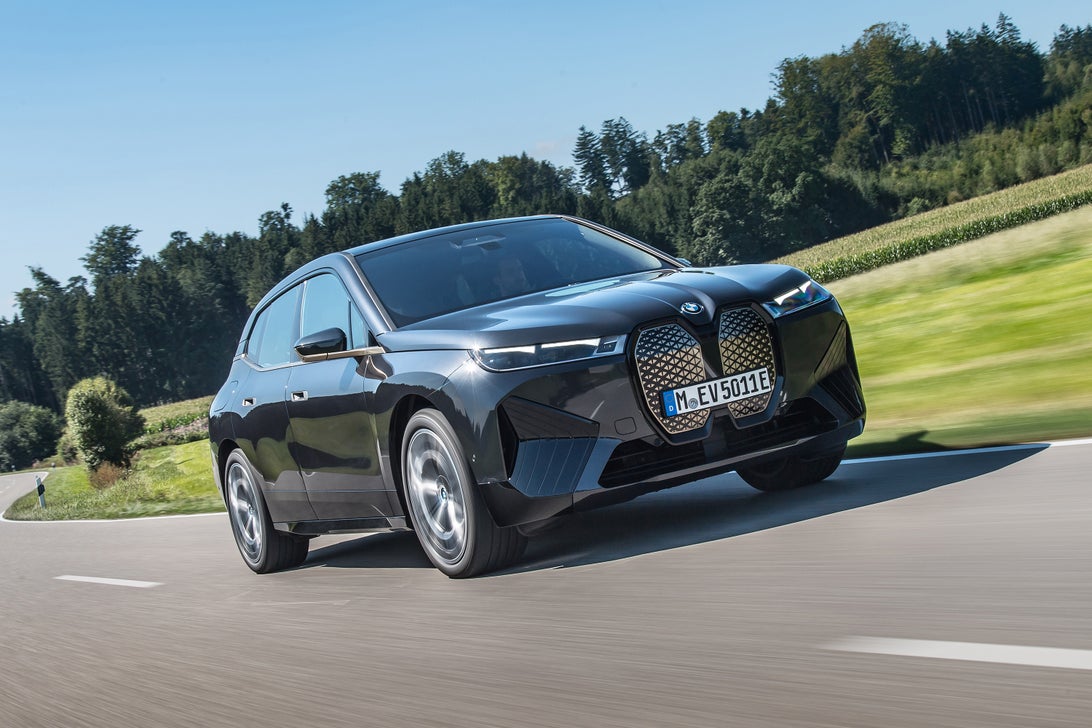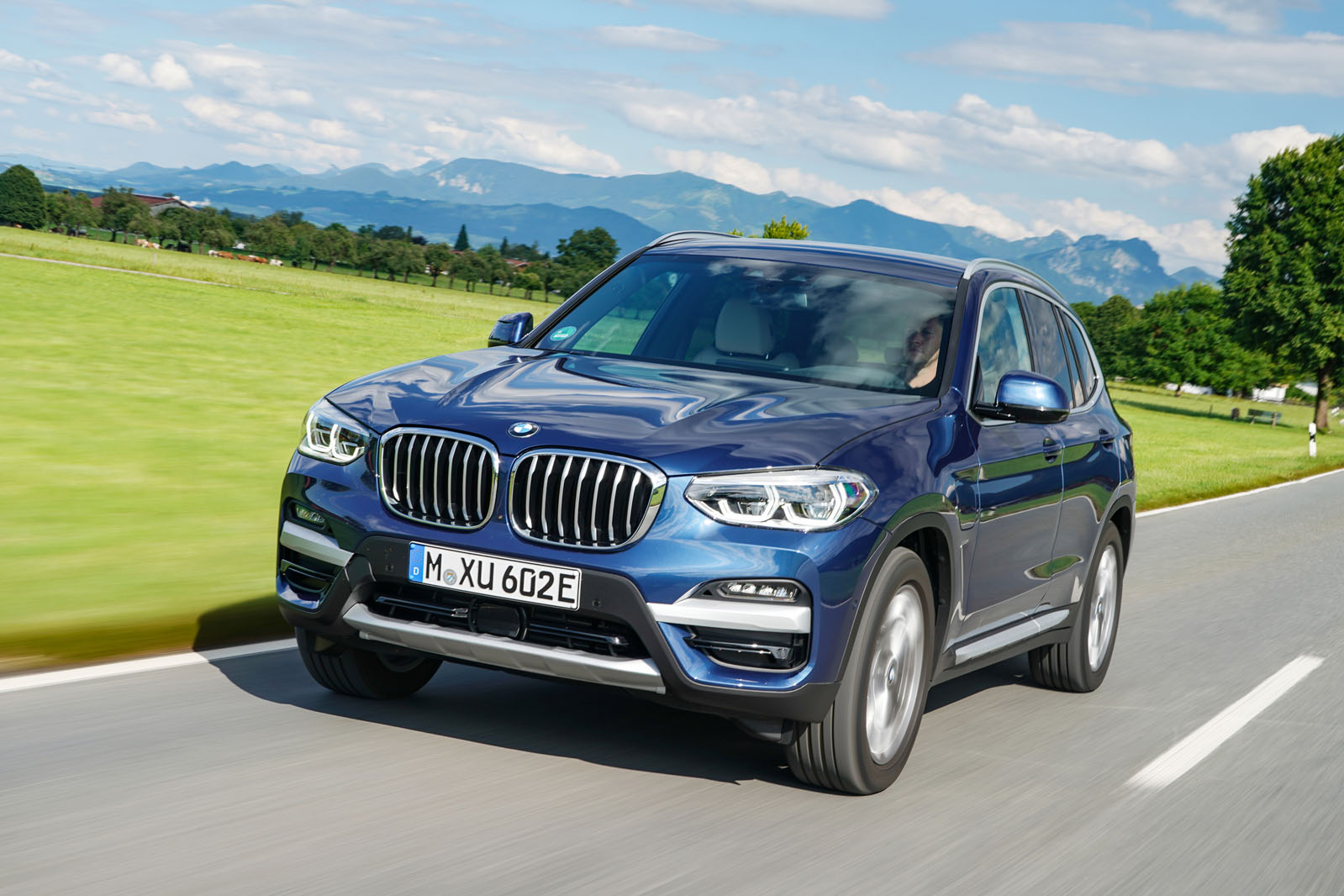BMW CEO Oliver Zipse has firmly opposed calls to delay the European Union’s CO2 targets for 2025, emphasizing that the targets have been known since 2019 and that BMW has aligned its model policy accordingly. In an interview with Automobilwoche, Zipse reiterated his stance on the importance of technological openness while highlighting electric cars as having the greatest growth potential for the future.
Zipse rejected the notion of postponing the 2025 CO2 targets, stating that BMW has already increased the efficiency of powertrains, including advancements in combustion engine technologies such as 48-volt systems. “We see no reason to postpone the CO2 targets for 2025,” he asserted. However, Zipse remains critical of the EU’s 2035 combustion engine phase-out, which he believes limits successful technologies without adequately supporting new ones to achieve Europe’s climate targets.
On the issue of hydrogen fuel cells, Zipse defended BMW’s decision to launch a hydrogen-powered vehicle in 2028, stressing the company’s strategic approach based on market analysis and regulatory trends. Although BMW is committed to electric vehicles, Zipse noted that the company views hydrogen as a complementary technology with synergies to battery electric vehicles (BEVs). With the upcoming introduction of its Neue Klasse platform, Zipse expects BMW to make a significant technological leap in BEVs by 2025, positioning the company for continued growth in the electric mobility sector.

